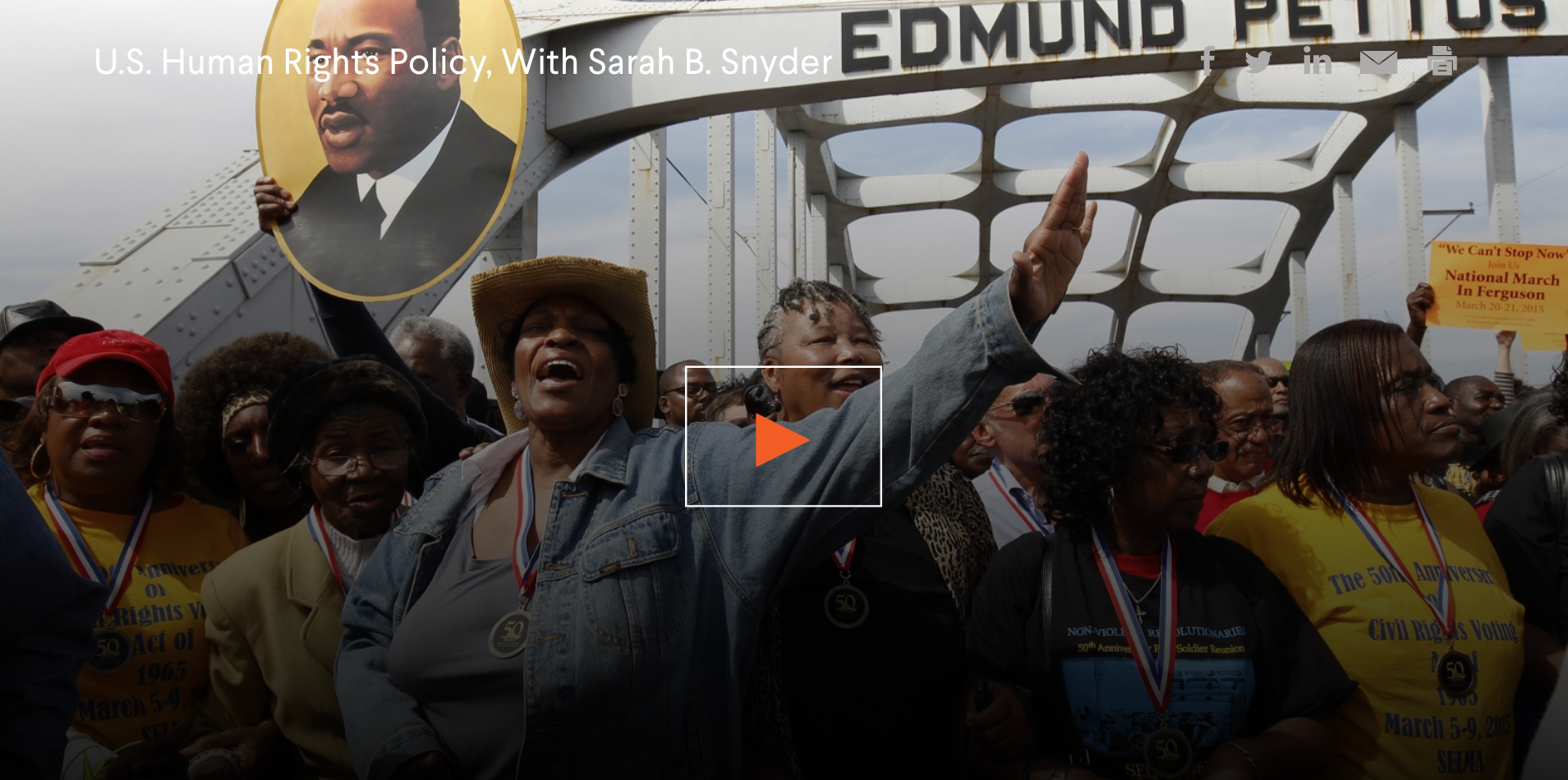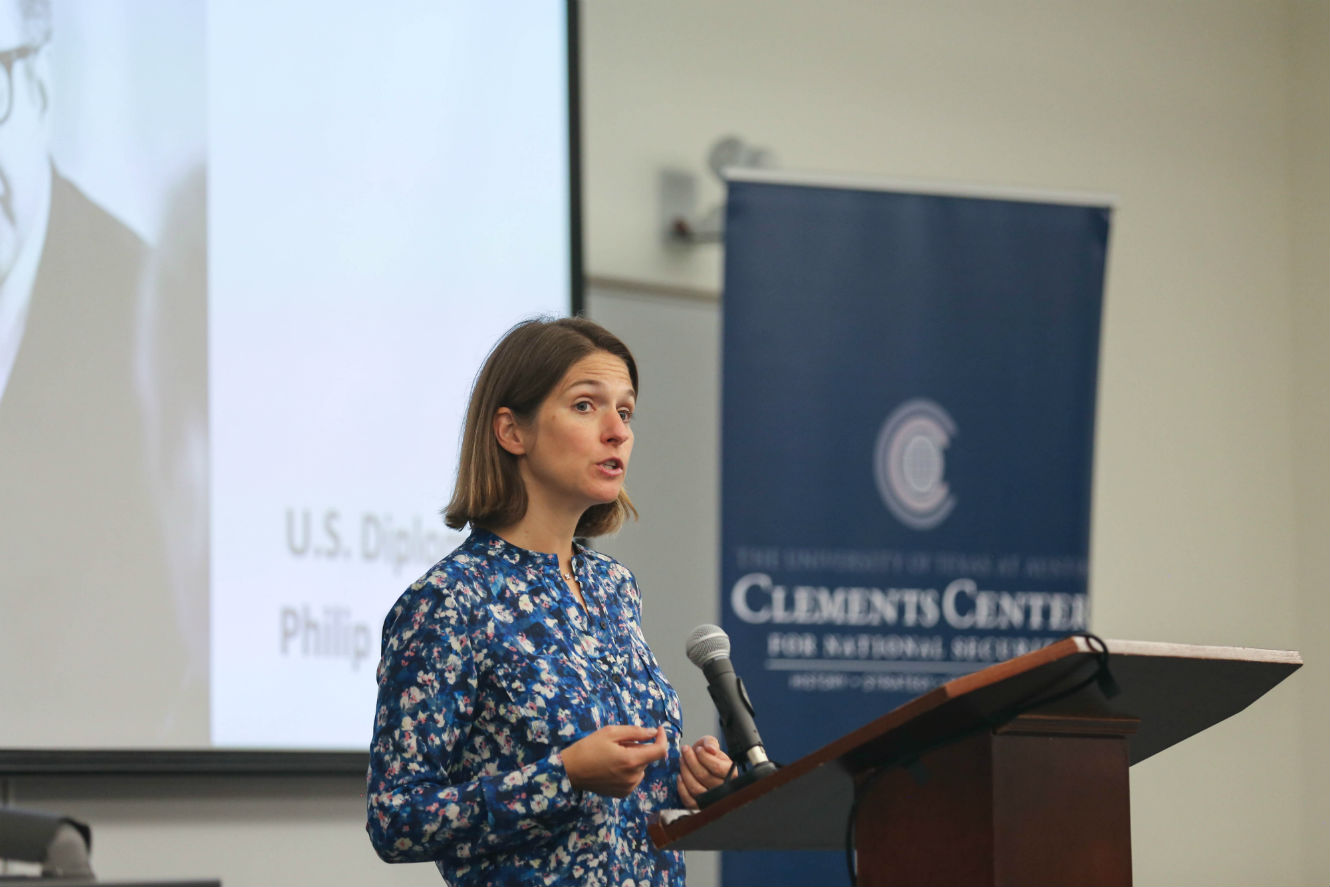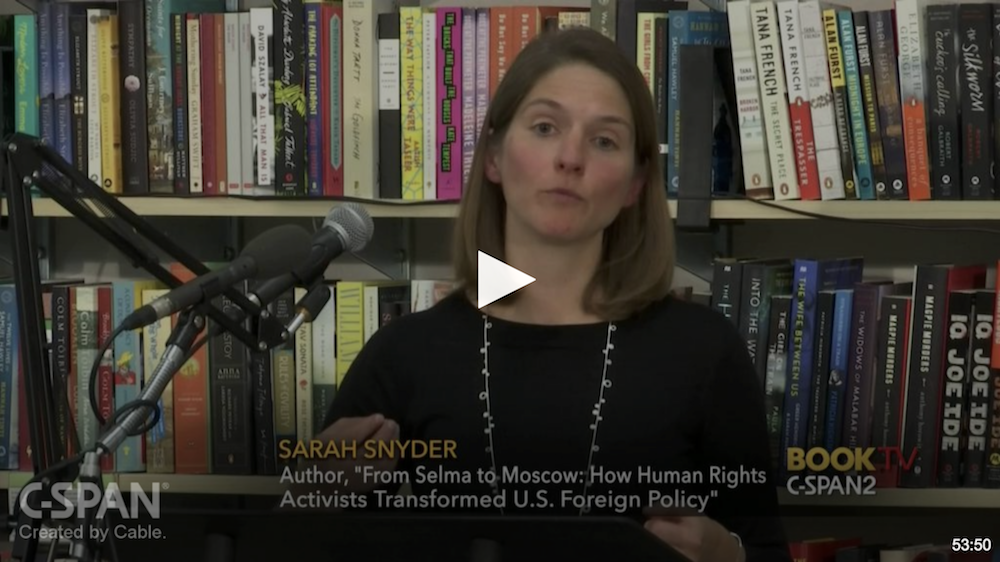Sarah B. Snyder
Professor, School of International Service, American University, Washington, D.C.Sarah B. Snyder is a historian who teaches at American University’s School of International Service. She is the author of two award-winning books, From Selma to Moscow: How Human Rights Activists Transformed U.S. Foreign Policy (Columbia University Press, 2018) and Human Rights Activism and the End of the Cold War: A Transnational History of the Helsinki Network (Cambridge University Press, 2011).
Sarah B. Snyder
Professor, School of International Service, American University, Washington, D.C.Books
The CSCE and the End of the Cold War: Diplomacy, Societies and Human Rights, 1972-1990
Bringing together new and innovative research on the CSCE, this volume explores questions key to understanding the Cold War: What role did diplomats play in shaping the 1975 Helsinki Final Act? How did that agreement and the CSCE more broadly shape societies in Europe and North America? And how did the CSCE and activists inspired by the Helsinki Final Act influence the end of the Cold War? (co-editor with Nicolas Badalassi; Berghahn Books, 2018)
From Selma to Moscow: How Human Rights Activists Transformed U.S. Foreign Policy
Human Rights Activism and the End of the Cold War: A Transnational History of the Helsinki Network
Human Rights Activism and the End of the Cold War (Cambridge University Press, 2011) explores how, in the aftermath of the signing of the Helsinki Final Act in 1975, a transnational network of activists committed to human rights in the Soviet Union and Eastern Europe made human rights a central element of East-West diplomacy.
Articles
COMMENTARY
Image credits
Top: President Ronald Reagan visits Danilov Monastery to demonstrate his support for religious freedom. Courtesy of the Ronald Reagan Library.
Selma to Moscow slide: Henry Kissinger in his White House office. Courtesy: The Richard Nixon Presidential Library and Museum (National Archives and Records Administration).
Articles section: Secretary of State George Shultz and United States Ambassador to the Madrid CSCE Review Meeting Max Kampelman discuss the negotiations in Madrid with President Ronald Reagan on July 13, 1983. Courtesy of the Ronald Reagan Library.



